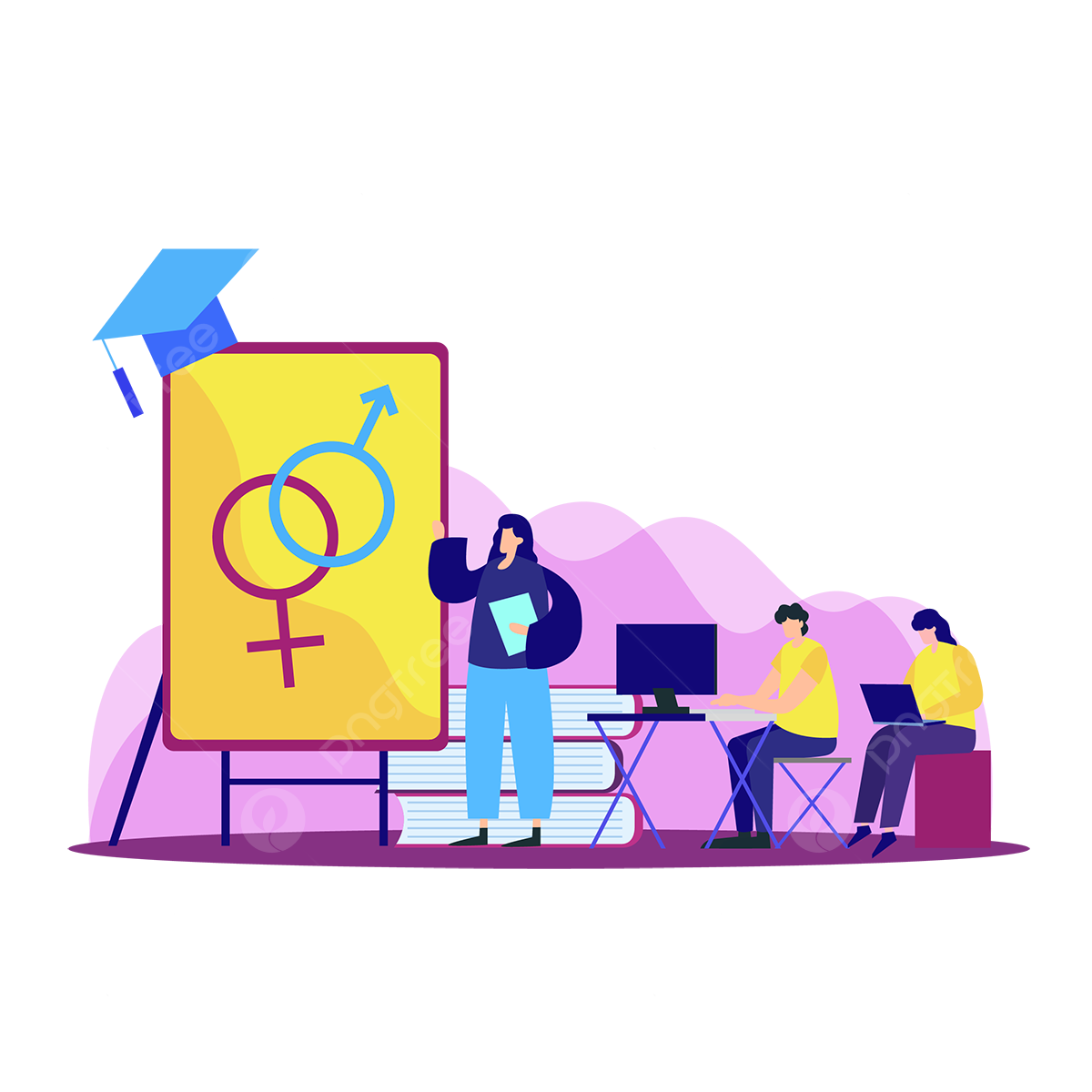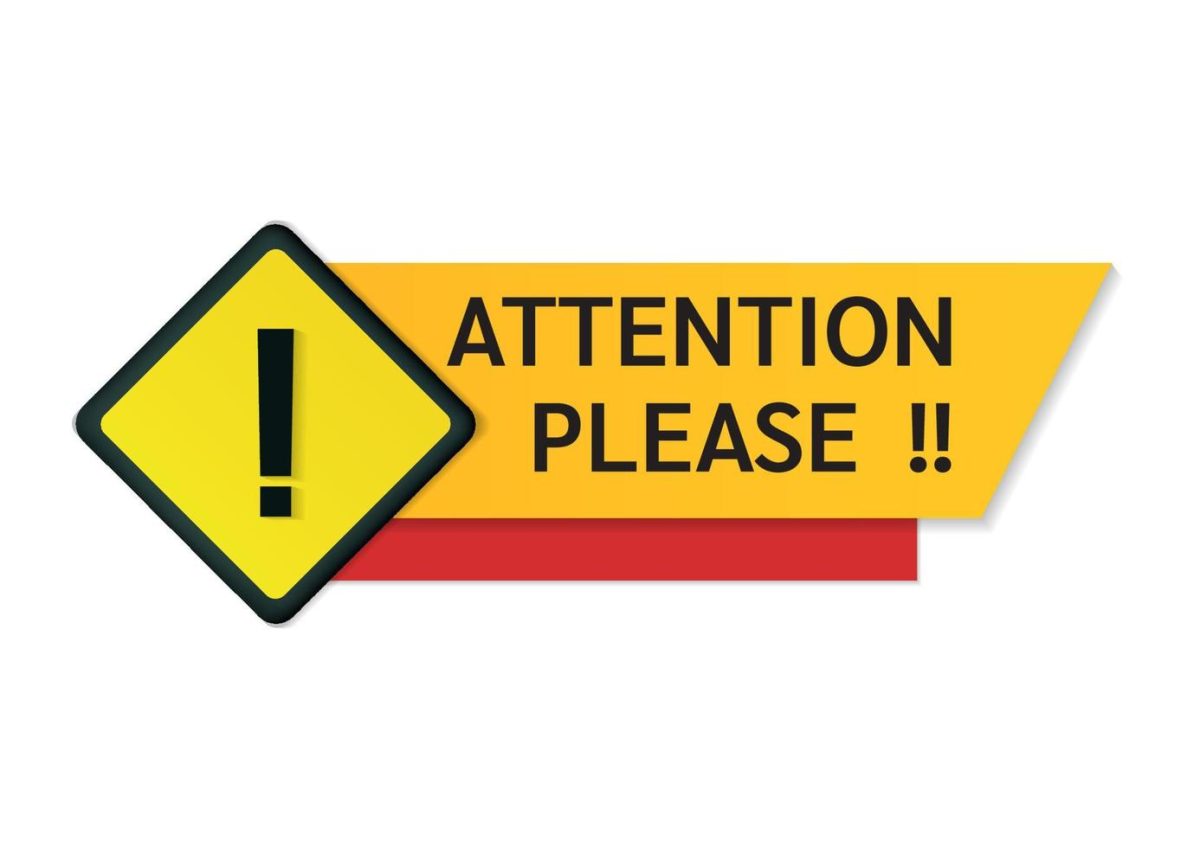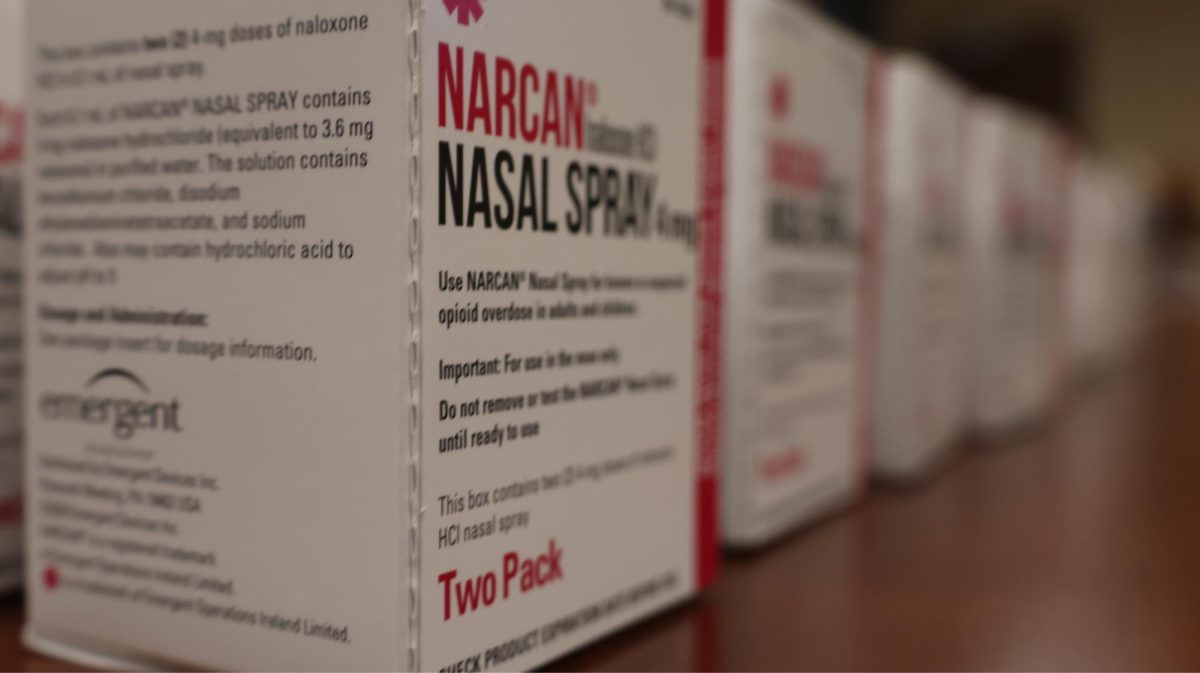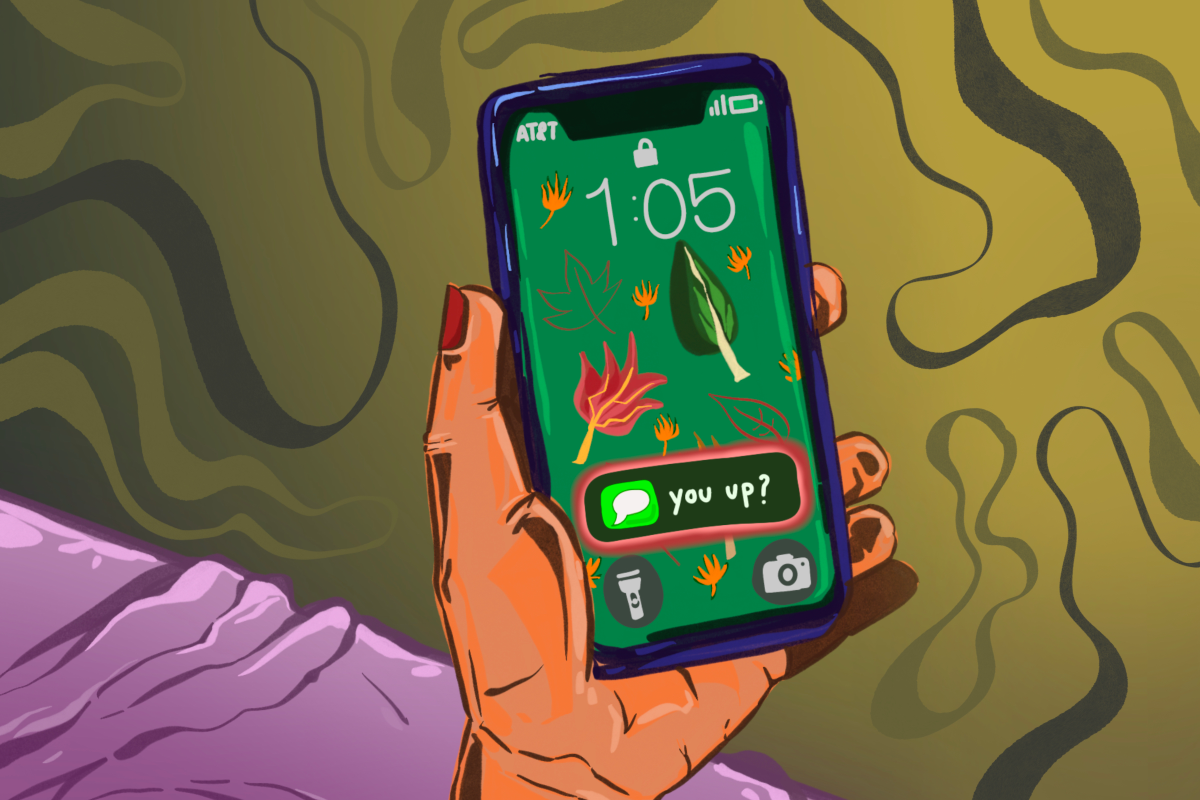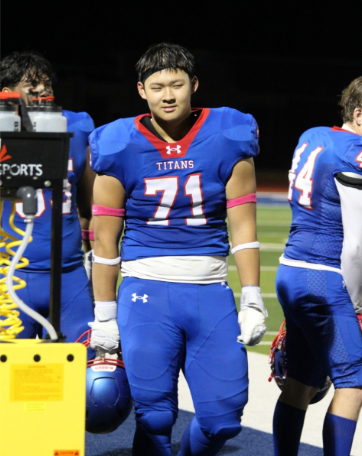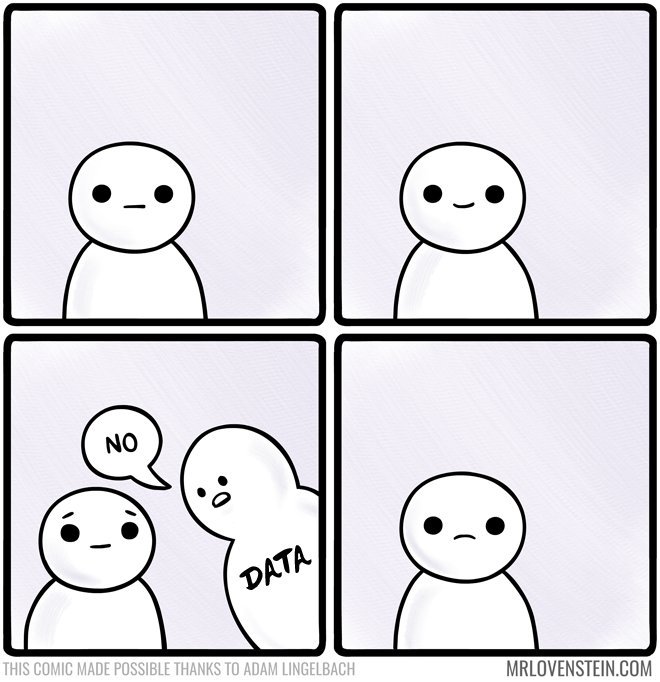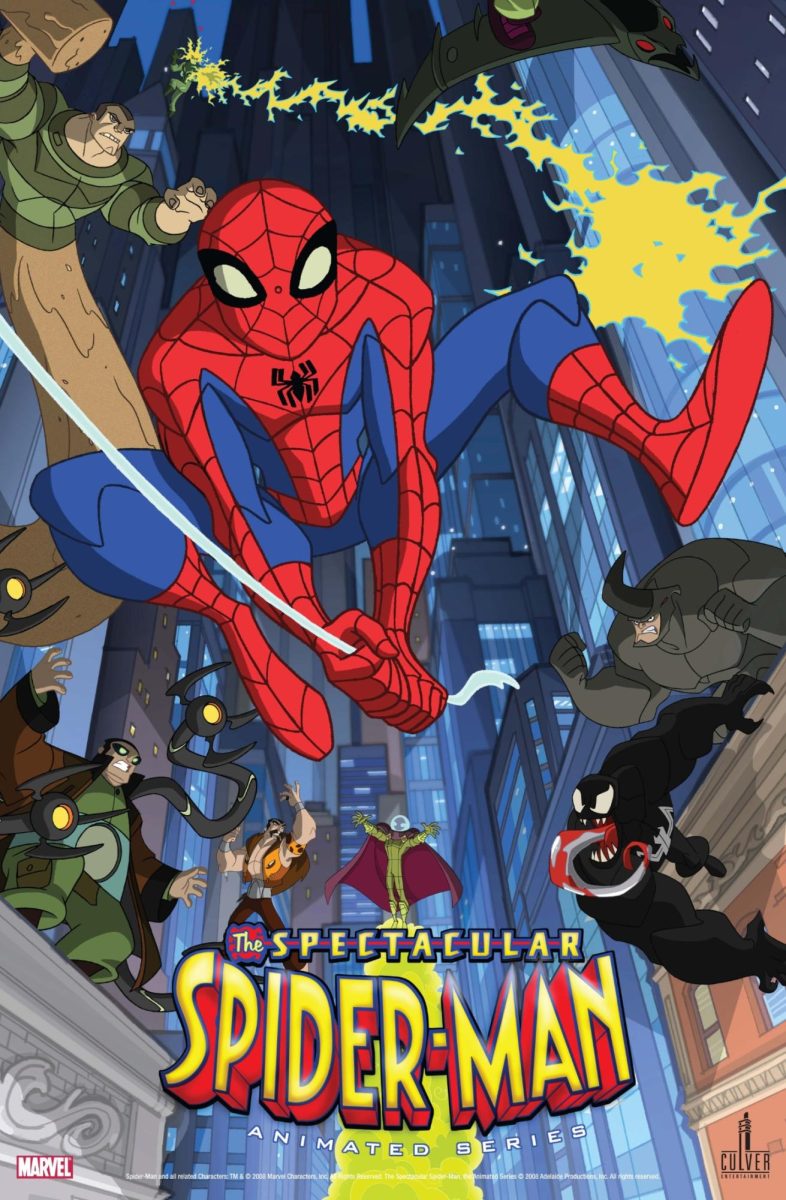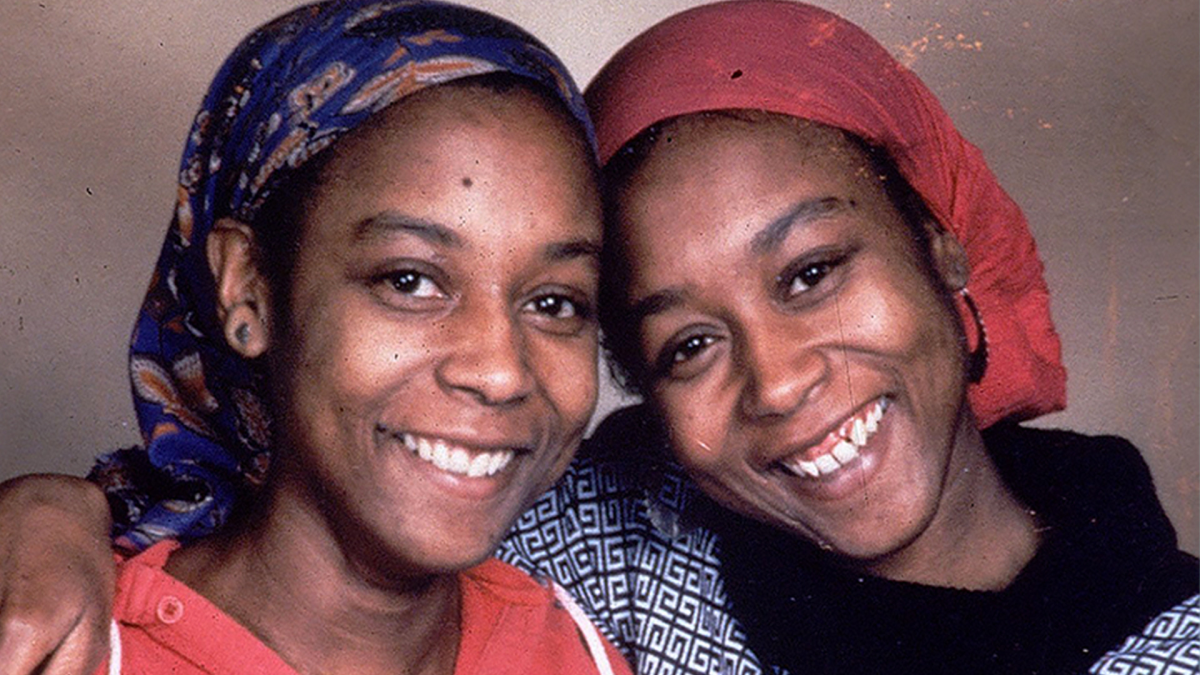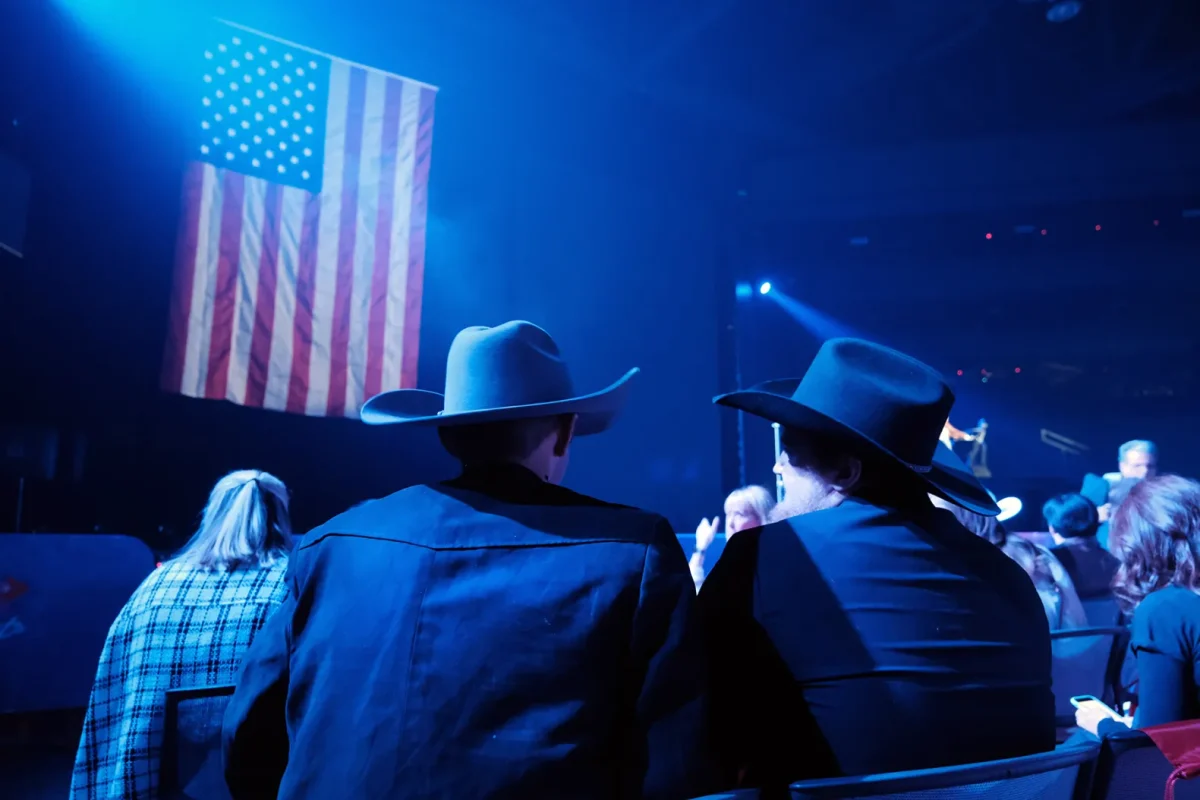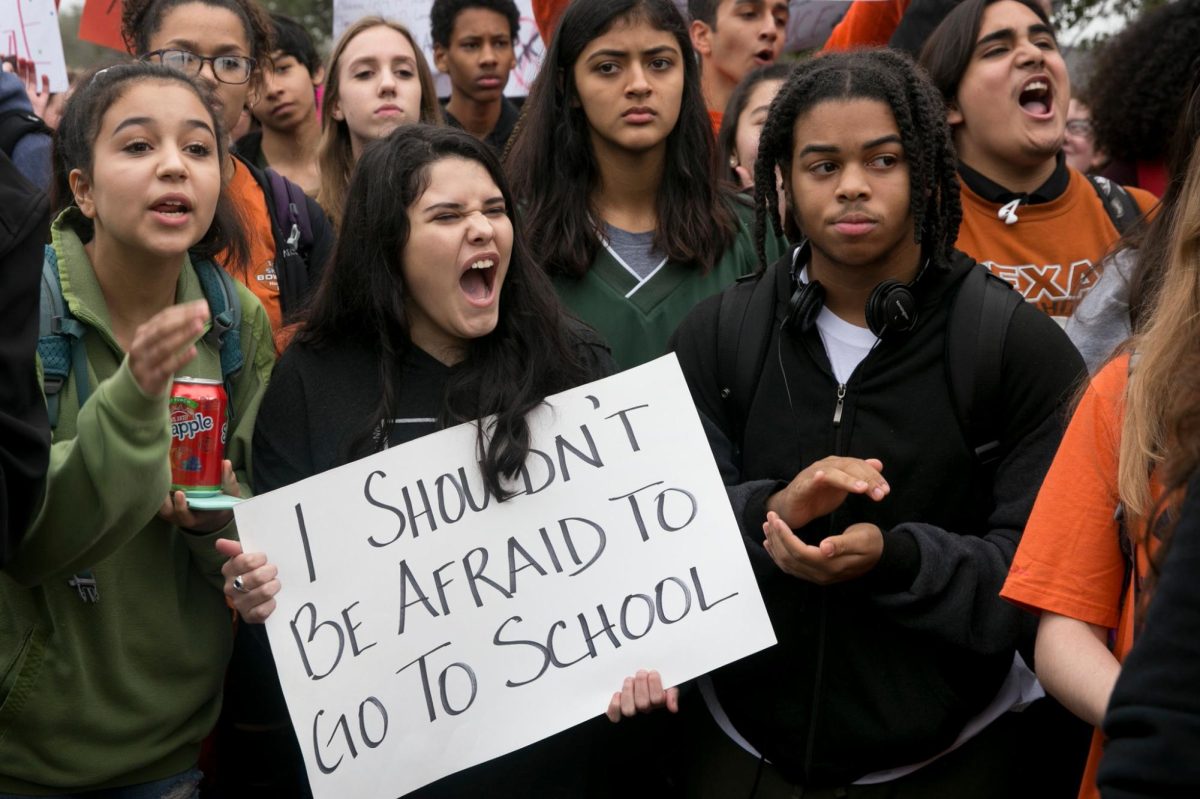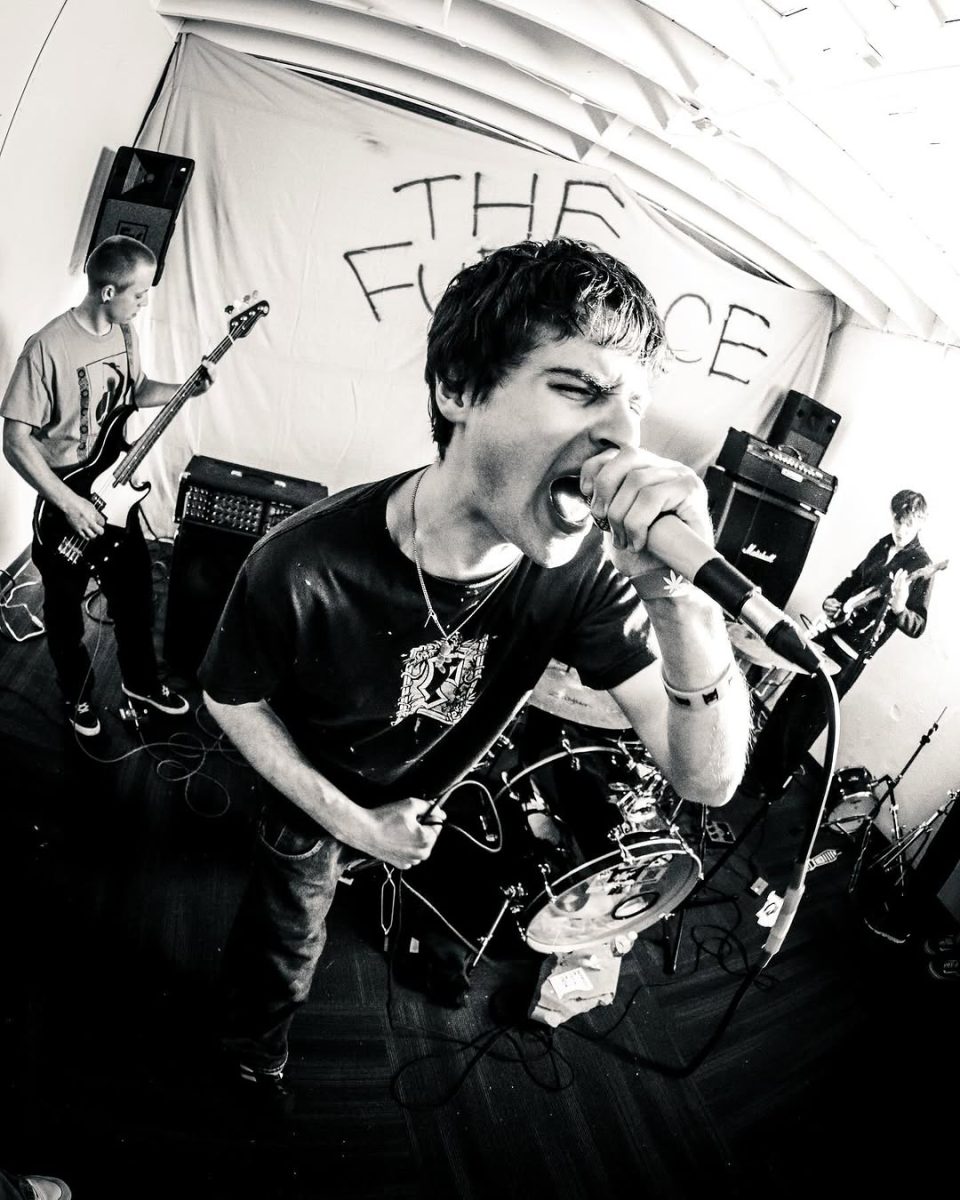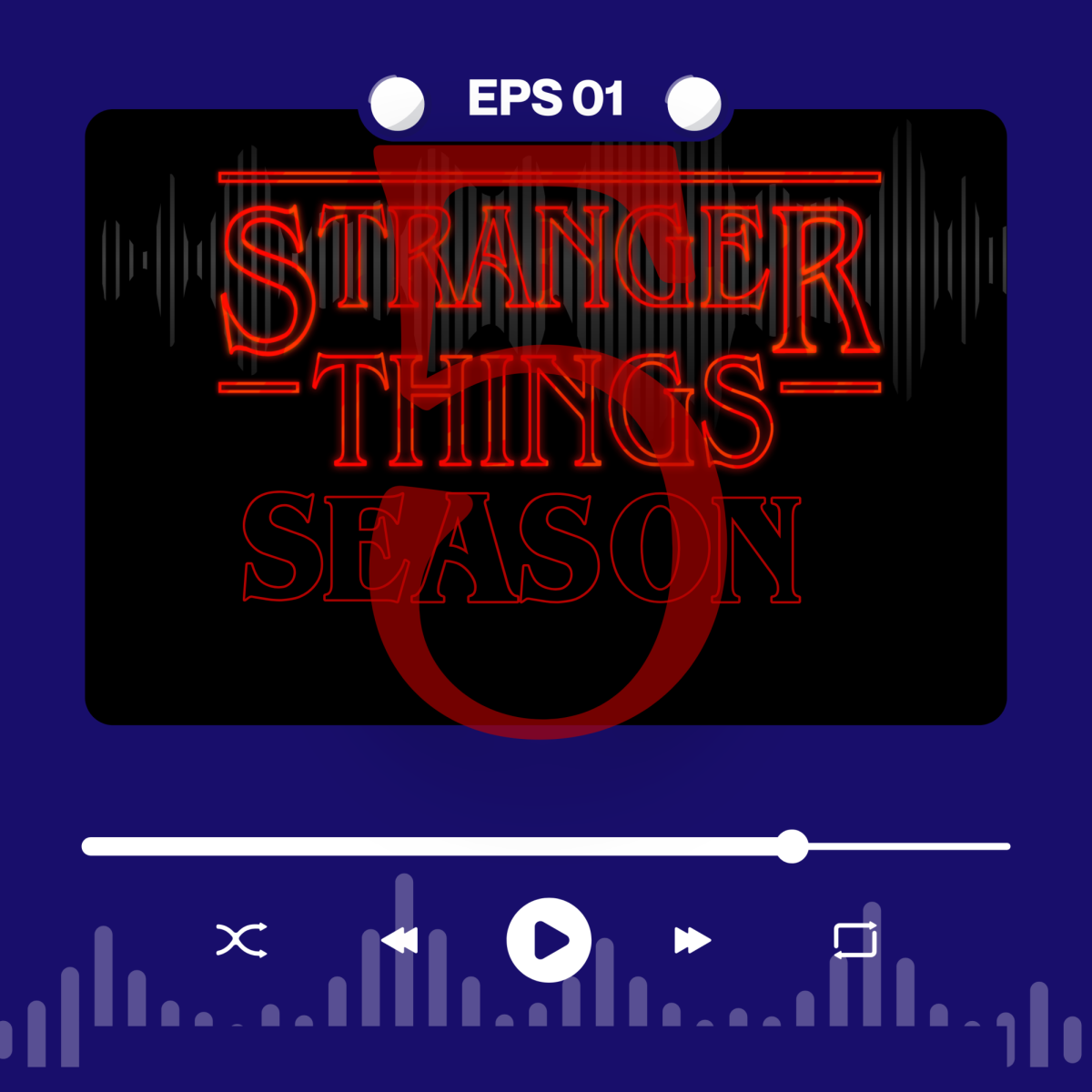GLSEN, the Gay-Lesbian-Straight Education Network, conducts a yearly survey of Queer students in order to better understand schools’ climates towards queer people. The 2021 report was just released and will be reviewed here. This article will focus on safety, remarks, assault, and discrimination. Other sections can be found in the source listed at the bottom of the article, or in future articles.
Safety
A terrifying 82% of queer students reported feeling unsafe in school because of personal characteristics, 51% because of sexual orientation, 43% because of gender expression, and 40% because of their gender. Queer students especially avoided bathrooms, locker rooms, PE, and gym, for a total of 4 out of 10 students doing so. Also, queer students avoided extracurriculars or even skipped days (32%). A fifth of students went so far as to change schools.
Remarks
Essentially all queer students heard some negative remarks, such as “that’s gay,” “no homo,” slurs directed towards gay, lesbian and trans students, and remarks on gender expression (“you’re not masculine though”). The bigger problem is that teachers don’t address the remarks, as low as one-tenth of teachers intervening.
Assault
71% of queer students experienced verbal harassment. 31% were physically harassed. 13% were physically abused. 54% were sexually harassed. 62% of students never reported any of this, most believing that school faculty would do nothing
Discrimination
About a fifth of students has been prevented from using their chosen pronouns or names, prevented from using the bathroom or locker room that aligned with their gender, prevented from wearing certain clothes that aligned with their gender, or playing in a sports team that aligned with their gender.
A quarter of queer students were disciplined for PDA with their partner that wasn’t enacted on non-queer students. 17% of students weren’t allowed to discuss queer topics in extracurriculars, (16%) school projects, (12%) clothing, or forming a GSA/QSA, and 11% were advised not to join sports due to their identity

So, what can you do? These problems are also prevalent in South High. Every student can do their part by respecting other students’ names, pronouns, gender identity, and sexual orientation. Change your language to remove homophobic or transphobic phrases. And most importantly, if you see any discrimination, don’t let it slide. Stand up to your friend, classmate, or teacher with assertive language. If everyone works together, hostility in schools can be significantly lowered.
Source
https://www.glsen.org/sites/default/files/2022-10/NSCS-2021-Executive_Summary-EN.pdf

